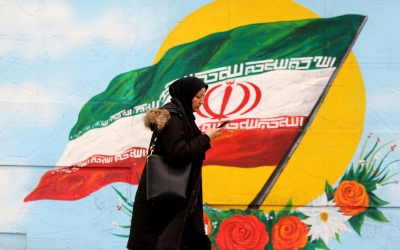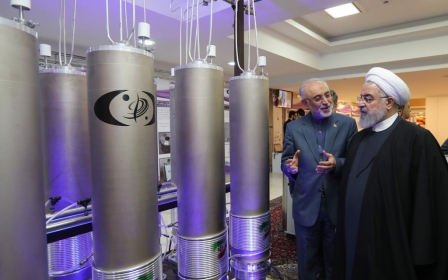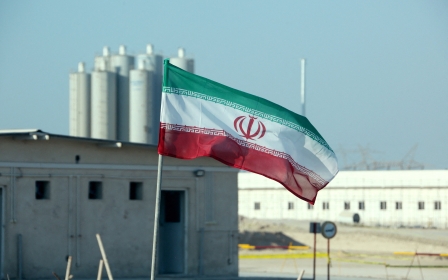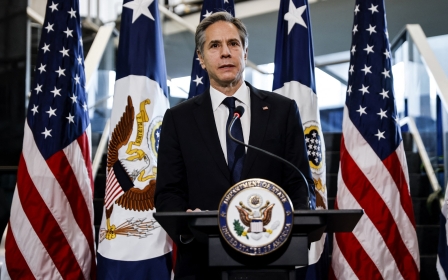White House says US in talks with Iran over detained Americans
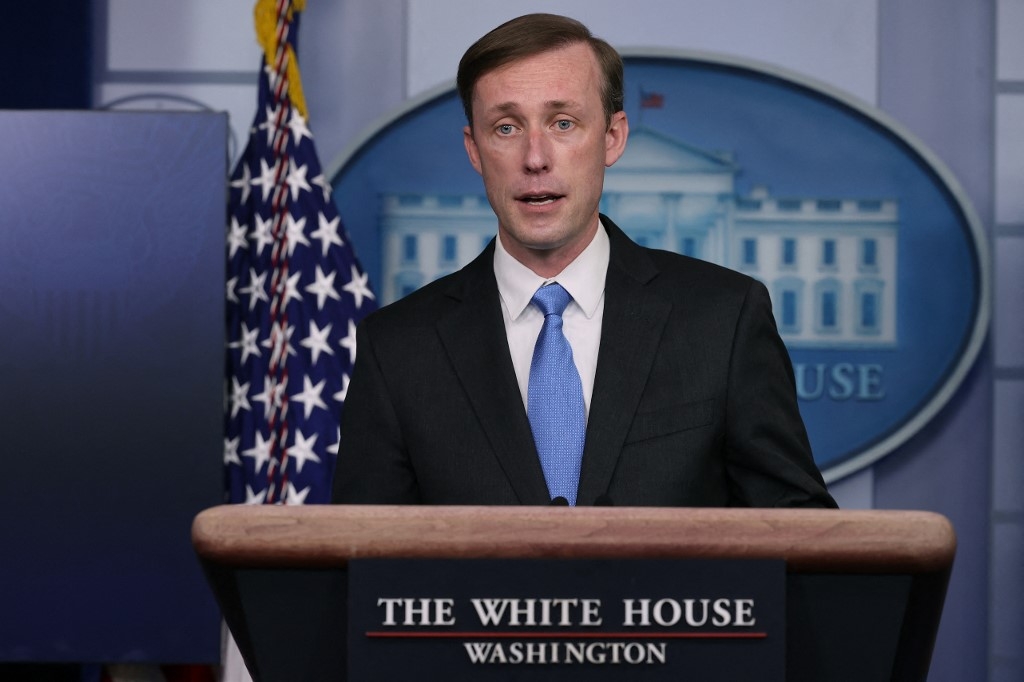
Joe Biden’s national security adviser, Jake Sullivan, said on Sunday that the US had begun to communicate with Iran over the detention of American citizens, calling the matter a “complete and utter outrage”.
Iran has arrested dozens of dual nationals, including several Americans, in recent years, mostly on espionage charges. Human rights activists accuse Tehran of trying to use the detentions to win concessions from other countries, a charge it dismisses, according to Reuters.
Sullivan told CBS’s Face the Nation it was a “significant priority” to get those Americans “safely back home”.
“We have begun to communicate with the Iranians on this issue,” Sullivan said. “We will not accept a long-term proposition where they continue to hold Americans in an unjust and unlawful manner.”
The issue represented a “humanitarian catastrophe”, he said.
Sullivan added that Biden was “determined” to prevent Iran from getting a nuclear weapon, and that diplomacy was the best way to do that.
The US said last week it was ready to talk to Iran about both nations returning to a 2015 accord, abandoned by the Trump administration, that aimed to prevent Tehran from acquiring nuclear weapons while lifting most international sanctions.
“Iran has not yet responded,” Sullivan said.
Any communication between Tehran and Washington about US citizens detained in Iran had been conducted via the Swiss embassy, which handles US interests, rather than through any direct contact, an Iranian news website reported.
“Iran’s government has not discussed American prisoners with Washington,” an unnamed source told the website, which is affiliated to Iran’s Supreme National Security Council. “All messages have been exchanged through the Swiss embassy in Tehran.”
No more snap inspections
The two countries have been at odds over who should take the first step to revive the deal. Iran’s foreign ministry reiterated on Sunday that the US will not be able to rejoin the pact before it lifts sanctions. Washington says Tehran must first return to compliance.
'The hope of the IAEA has been to stabilise a situation which was very unstable'
- Rafael Grossi, International Atomic Energy Agency
Later on Sunday, the head of the International Atomic Energy Agency (IAEA), the UN's nuclear watchdog, said it had struck a deal to continue “necessary” verification and monitoring activities in Iran after Tehran slashed cooperation this week, but that there would be less access and no more snap inspections.
“What we agreed is something that is viable, it’s useful to bridge this gap that we are having, salvages the situation now,” Rafael Grossi told a news conference at Vienna airport, after returning from a trip to Tehran for talks on how his agency would carry out its work given Iran’s plan to scale back cooperation from 23 February.
“The hope of the IAEA has been to stabilise a situation which was very unstable," said Grossi.
“I think this technical understanding does it so that other political consultations at other levels can take place and most importantly we can avoid a situation in which we would have been, in practical terms, flying blind.”
A key part of Iran's plan for reducing cooperation this week was ending the implementation of the Additional Protocol, under which the IAEA has the right to carry out snap inspections in member states at sites not declared to the agency. Iran had agreed to implement the protocol under the 2015 nuclear deal.
"This law exists. This law is going to be applied, which means that the Additional Protocol, much to my regret, is going to be suspended," Grossi told the airport news conference.
Before he spoke, the IAEA and Iran issued a joint statement saying that Tehran would continue implementing the Comprehensive Safeguards Agreement, its core obligations to the agency that allowed for monitoring of its declared nuclear facilities.
The IAEA would also continue "necessary verification and monitoring activities for up to three months", the statement said, without specifying what those activities were.
Middle East Eye delivers independent and unrivalled coverage and analysis of the Middle East, North Africa and beyond. To learn more about republishing this content and the associated fees, please fill out this form. More about MEE can be found here.


